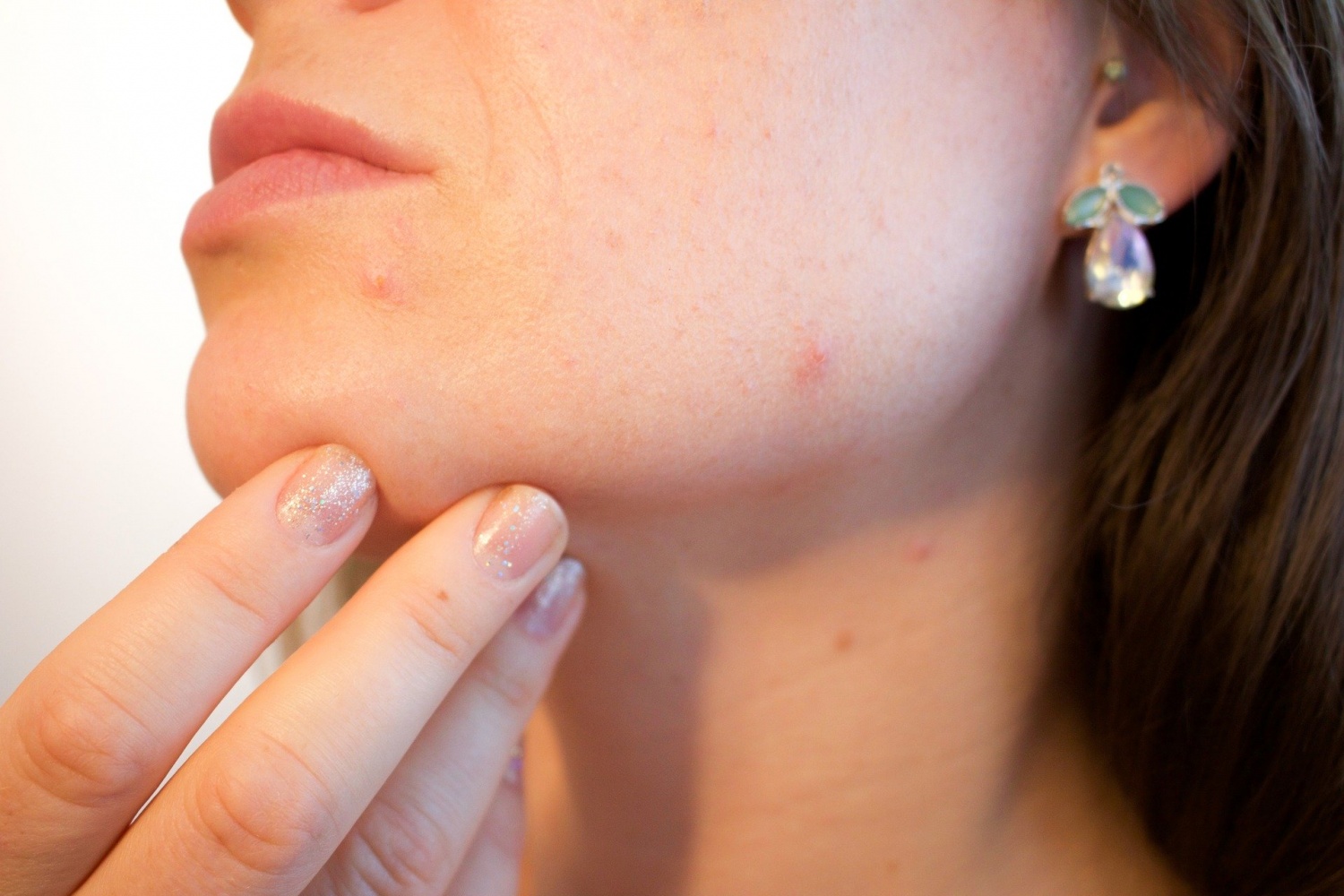Mental Health
Is Stress the Silent Culprit Behind Your Skin Woes?

(Photo : pixabay)
Stress, often overlooked as a silent assailant, wields significant influence over our physical well-being, even manifesting in the health of our skin, according to dermatologists.
Dr. Afton Cobb, a seasoned dermatologist, frequently observes patients who pinpoint stress as the catalyst for exacerbating their skin conditions. "It's amazing how much stress affects obviously our entire body but especially our skin," she said.
The intricate connection between stress and skin health stems from hormonal fluctuations. Dr. Samer Jaber of Washington Square Dermatology explains, "When you are stressed, your body releases stress hormones that have a tremendous impact on your entire body, including your skin."
Moreover, stress can compromise the skin barrier, resulting in parched skin and flare-ups of conditions like eczema and psoriasis. Studies affirm the correlation between stress and worsened atopic dermatitis, characterized by itchy, inflamed patches.
Beyond immediate effects, stress hormones also precipitate premature aging by deteriorating collagen and elastin integrity, thereby reducing skin elasticity and fostering the development of fine lines and wrinkles.
Hair health isn't spared either, with chronic stress potentially triggering autoimmune hair loss and generalized shedding. Scalp itch may also surface as a manifestation of stress-related conditions.
"Stress can trigger autoimmune patches of hair loss called alopecia areata and cause diffuse hair shedding called telogen effluvium," Jaber explained, as per CBS News. "There was also a study in mice that showed chronic stress may accelerate the greying of hair."
Addressing stress-induced skin issues necessitates a twofold approach, as outlined by Dr. Jaber. Establishing a consistent skincare regimen-comprising gentle cleansing, regular sunscreen application, and adequate moisturization-serves as a foundational step. Subsequently, managing stress becomes imperative to ameliorate skin conditions.
Cobb suggests proactive stress management, advocating for therapy, bolstering support networks, and minimizing stressors where feasible. Such measures break the cycle of stress-induced skin concerns, such as acne exacerbations leading to compulsive skin picking.
"You can't always remove this stress in your life, but you can certainly influence how you respond to it," Cobb said. "With my patients, we will sometimes talk about having them reach out to a therapist, trying to make sure they have a good support group, trying to remove the stressful etiology, if possible."
Lifestyle modifications further fortify skin resilience against stressors. Prioritizing sleep, engaging in physical activity, maintaining a balanced diet, and nurturing social connections emerge as vital components. Seeking professional mental health support remains paramount for comprehensive stress management.








Join the Conversation